Organized by the Department of Electrical & Electronics Engineering (EEE)
Date of the Event : February 07, 2025
The Department of Electrical & Electronics Engineering (EEE) at Anurag Engineering College successfully conducted a one-day workshop on “How to Build and Simulate Electrical Engineering Applications Using MATLAB” on 7th February 2025. The workshop was led by Dr. J. Srinivas Rao, Associate Professor & R&D Coordinator, Department of EEE, Anurag Engineering College.
Workshop Overview:
This workshop aimed to equip participants with hands-on experience in using MATLAB and Simulink to model, simulate, and analyse electrical engineering applications. The sessions focused on bridging the gap between theoretical knowledge and practical implementation through real-world simulation techniques.
Workshop Sessions:
Day 1 – Session 1:
✅ Introduction to MATLAB and Simulink – Participants were introduced to MATLAB as a powerful simulation tool for solving complex electrical engineering problems. The session covered basic MATLAB commands, syntax, and an overview of the Simulink environment.
✅ Building Electrical Circuit Models – Hands-on training on creating models of fundamental electrical circuits, including resistors, capacitors, inductors, and operational amplifiers. Participants also learned to simulate transient and steady-state responses.
Day 1 – Session 2:
✅ Control Systems Modelling – Introduction to control system analysis and design using MATLAB, including PID controller modelling and stability analysis simulations.
✅ Simulating Renewable Energy Systems – Practical insights into modelling and simulating solar, wind, and hybrid energy systems using MATLAB and Simulink, along with performance analysis and optimization techniques.
✅ Optimization in Electrical Design – Demonstration of MATLAB’s optimization toolbox for designing efficient electrical circuits, focusing on power optimization, cost minimization, and resource allocation.
✅ Advanced Applications – The workshop concluded with advanced MATLAB applications, such as machine learning for fault detection in electrical systems and predictive maintenance in power plants.
Objective of the Workshop:
The primary objective of this workshop was to provide participants with practical knowledge and skills in simulating and analysing electrical engineering applications using MATLAB. The key takeaways included:
✔️ Learning to model, simulate, and analyze complex electrical systems.
✔️ Developing the ability to create customized real-world simulations.
✔️ Understanding the significance of optimization, control systems, and renewable energy modelling in electrical engineering design.
Key Benefits of the Workshop:
🔹 Enhanced Simulation Skills – Participants gained proficiency in using MATLAB and Simulink to simulate electrical circuits, power systems, and control systems.
🔹 Practical Problem-Solving – Understanding real-world engineering challenges and learning how to analyse systems before physical implementation.
🔹 Advanced MATLAB Features – Exposure to MATLAB’s optimization techniques, signal processing tools, and control system design capabilities.
🔹 Optimization in Engineering Design – Learning to design cost-effective, efficient electrical systems using MATLAB’s powerful optimization tools.
🔹 Hands-on Experience – Participants gained practical exposure to building, simulating, and analyzing electrical systems using MATLAB, a highly valued skill in both academia and industry.
This workshop provided a comprehensive learning experience, equipping future engineers with essential simulation techniques to tackle modern electrical engineering challenges effectively. The Department of EEE looks forward to organizing more such insightful workshops to enhance students’ technical expertise and innovation in the field of electrical engineering.
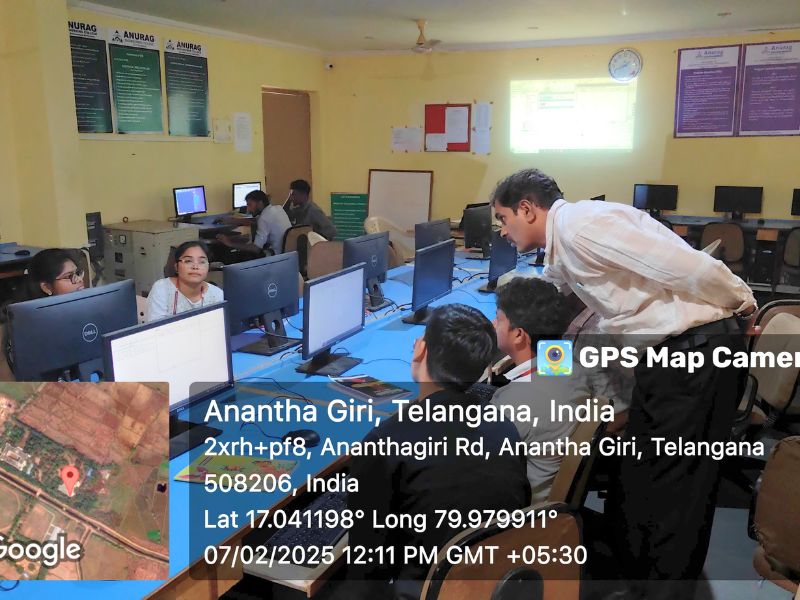
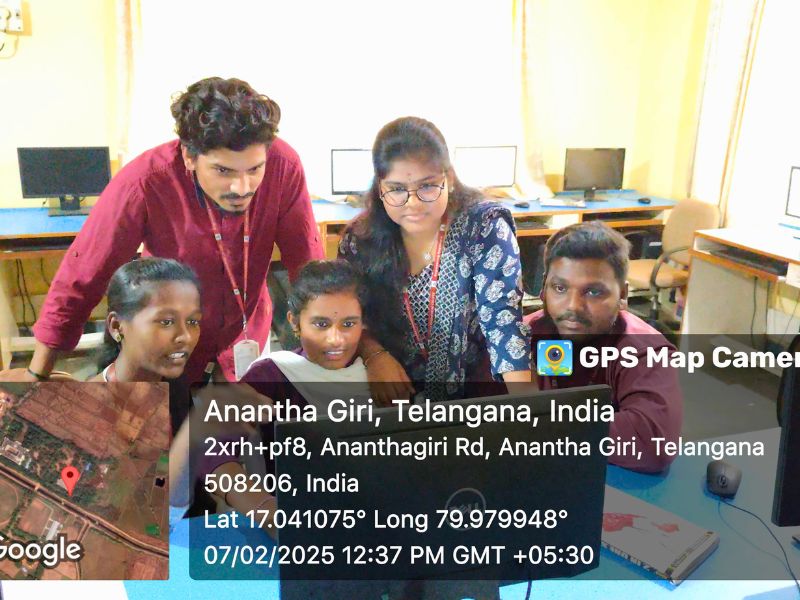
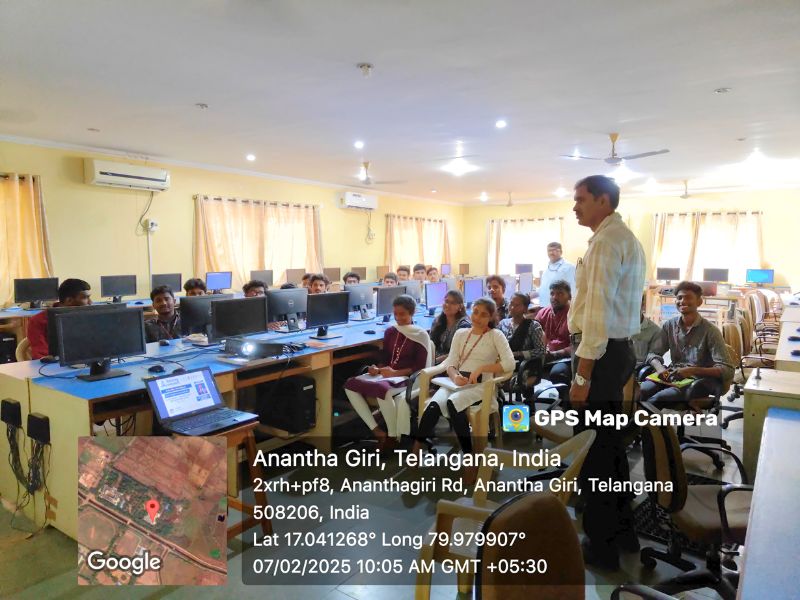
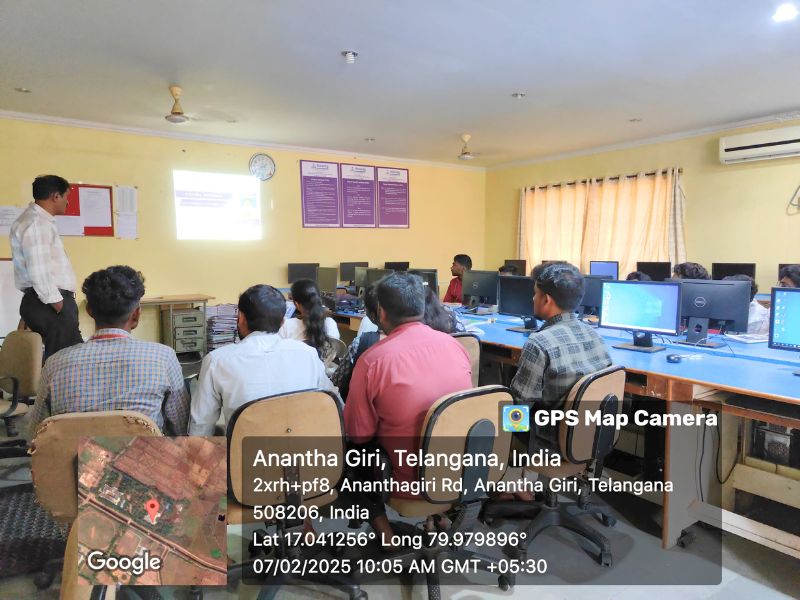
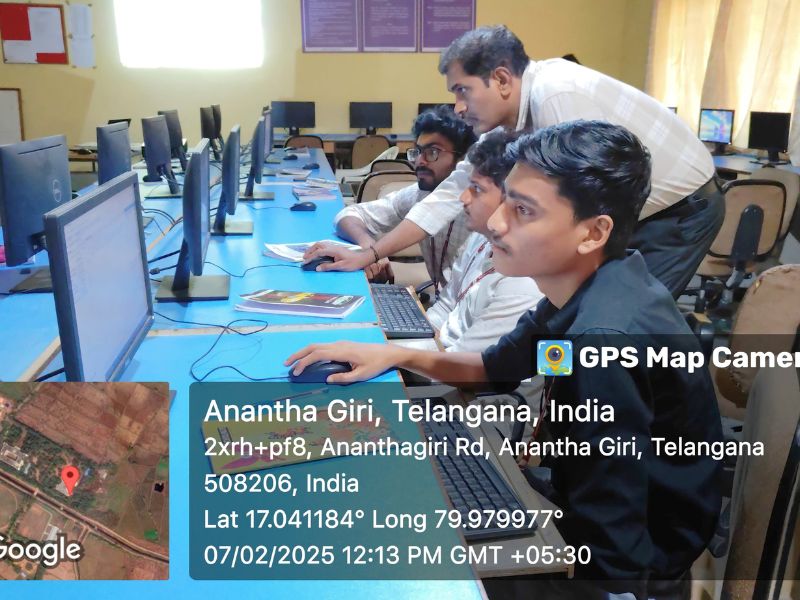


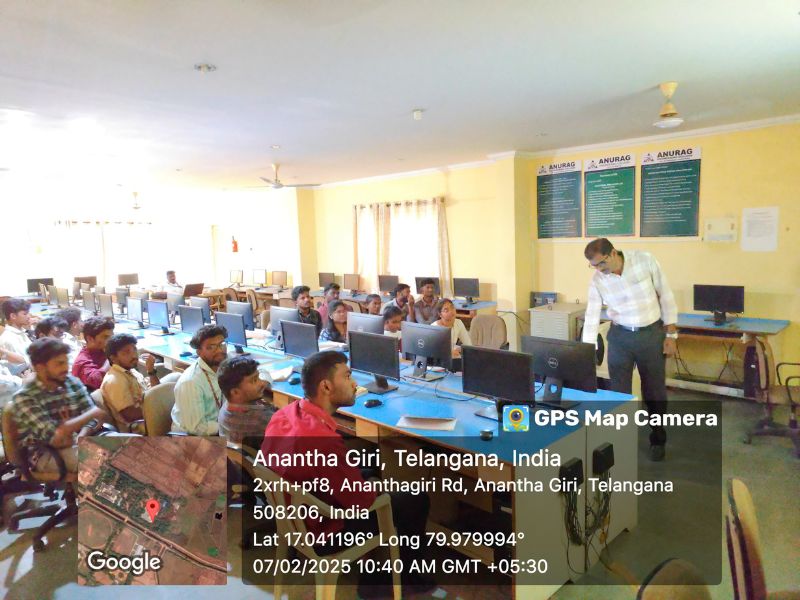
0 Comments